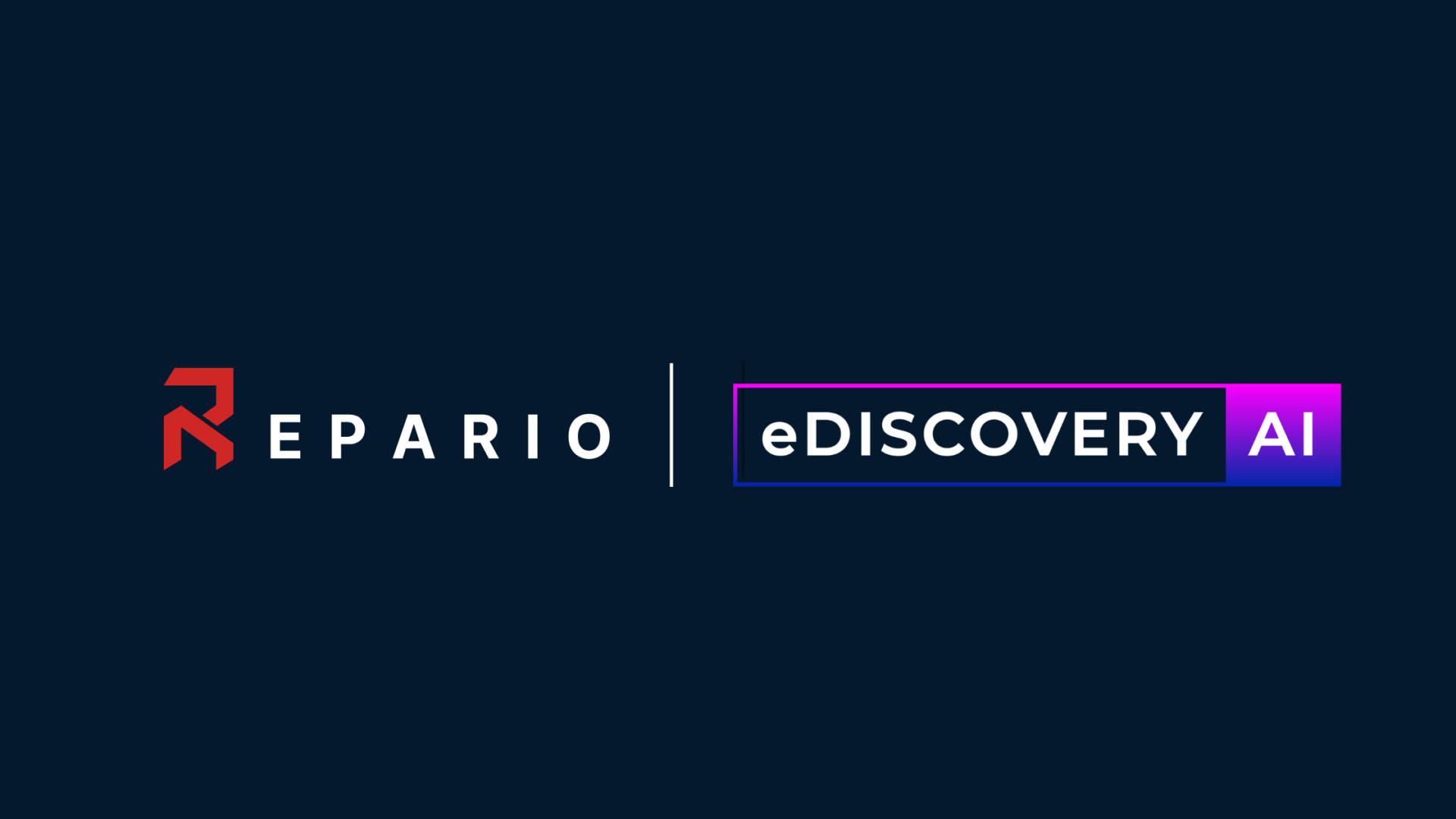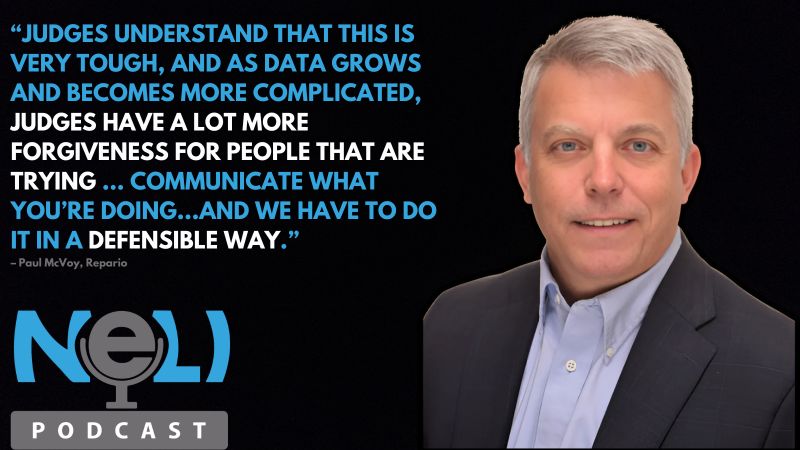AI Fatigue: The Value of Human Intelligence in Digital Forensics

When LegalWeek 2024 kicks off, I counted no less than six Day One sessions addressing AI as their core topic. The AI onslaught continues with nine the next day, ten on the third, and five on the final shortened day. I expect all of the panelists will share impressive insights, and the subject of how AI will impact the legal profession indeed is fascinating.
With that said, we are not yet in the Age of Ultron. In my corner of the universe – digital forensics – we should not get so caught up with the latest shiny object that we forget the value of old-fashioned human intelligence.
Interpol defines digital forensics as a “branch of forensic science that focuses on identifying, acquiring, processing, analyzing, and reporting on data stored electronically.” Although software tools certainly are useful in all aspects of this science, and over time AI likely will become so, for the foreseeable future there is no substitute for human intelligence in digital forensics.
Identifying ESI requires getting to know a client, and understanding what questions to ask. Analysis requires more than simple knowledge of what computer artifacts are, but also assessing the context of how and why people use computer systems. Perhaps most importantly, every good lawyer knows that how reports are communicated, both written and through expert testimony, can be just as important as the findings themselves, if not more so.
Finally, human intelligence in digital forensics is not just about book smarts, but also emotional intelligence. The digital forensics team is often the first group of outsiders a lawyer introduces to their clients. High EQ experts help establish comfort level and trust, ranging from C-Suite executives concerned about cost and scope, to junior employees skittish about producing evidence from personal phones used at work pursuant to a bring your own device policy. Having the wisdom to be conservative in opinions, foresight to understand where counsel might be going with a line of questioning, and judgment to know when to shut up are just a few examples of how human EQ, IQ and experience intersect in ways that AI might never replicate.
Some might argue that this perspective is self-serving, which is both fair and a trait common in the human experience. I acknowledge that learning about AI is interesting, and that lawyers have a duty to keep up with how technology impacts their practices. The AI-heavy bent of Legal Week 2024 nevertheless is an excellent opportunity to remind everyone that although artificial intelligence no doubt will find its way into digital forensics, the choice of expert rather than technology will remain far more important for quite some time.




